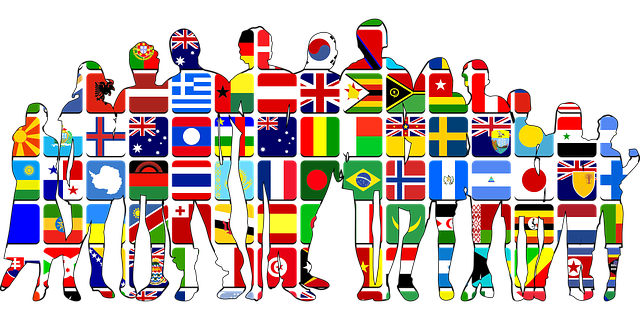The Homogeneous Culture in South Korea is Evolving Posted by Flying Oyster on Nov 7, 2018 in Uncategorized
If I remember correctly, most people in Korea didn’t want to standout. I once thought this common desire to blend in could encourage people to think and behave similarly. However, I am not quite sure about this thought anymore.
When I grew up in Korea, following the 유행( Yoo- Hang, trend) was something everybody did without a question, at least among my friends. One student in class brought a certain backpack, then everybody started to carry the same backpack next day. Although it still goes on in a subway in Korea. (Rome wasn’t built in a day.)
It even seemed like most people wanted the same things in their lives; study hard to attend 스카이대(Sky-dae, an abbreviation indicating the top universities in Korea: Seoul Univ. Korea Univ. Yonsei Univ. ) so that you can get a high- paying jobs like a doctor or a lawyer. Then you marry, have kids and live in Kangnam so you can have강남스타일 life. (Kangnam style, like the title of Psy’s song. Kangnam style usually indicates a style of prestigious wealthy people.) Happily ever after for everyone!
I don’t know who created this perfect life frame, but I am pretty sure many Koreans have heard of it or even dreamed about this life. Even I had thought that was an ultimate solution for a happy life. Accordingly, I had been insidiously trained not to think other life paths like becoming a baker or a딴따라 (Ttan-Tta-rah, a derogatory word to indicate a singer, actor or artists).
However, I don’t think this perfect little life in a frame sounds so appealing to younger generations in Korea, because Korean society is rapidly changing. In fact, this change brings noticeable differences in every aspect of the culture.
Thanks to crazy 교육열(kyo-uk-yeol, extreme enthusiasm of getting higher education), there are now over 2 million foreigners living in Korea. I hardly ever remember seeing a foreigner when I was young. Nowadays foreigners are easily spotted, even in small towns in Korea. It really surprises me when I watch foreigners who speak near perfect Korean on TV shows. The concept of 단일민족 (Dan-il-min-jok, a homogeneous race) might be an outdated notion.
Koreans seem to embrace and respect the differences between individuals. Different life choices are more acceptable than ever, such as a living as a single. Koreans can choose not to marry at all or be a 돌싱(dol-sing, it literally means a single who came back from a marriage.) 솔로 , a business trend that targets single people) obviously supports혼술 (hon-sul, a single person who drinks alone) 혼밥(hon-bob, a single person who eat meal alone) 혼영(hon-young, a single person who watches movie alone) and혼행(hon-hang, a single person who travels alone). This represents that being a single is not a taboo any more.
Most of all, I consider changes in life values to be the most positive thing in the society. The effort to increase the quality of life is more pronounced than ever. For example, the Korean government has recently reduced the maximum working hours from 65 hours to 52 hours. 동호회(dong-ho-hoe, a club, similar to Meetups) is a prevailing culture among adults. People join 동호회 to share their interests and passion for life other than just working their bottom off at work.

Build vocabulary, practice pronunciation, and more with Transparent Language Online. Available anytime, anywhere, on any device.






Comments:
Kay:
This is interesting! Diversity in thought, actions, beliefs etc help us all grow. Thank you for sharing!
FlyHighOyster:
@Kay Kay,
thank you for reading my post. I tried to explain 정 in multiple perspectives as much as I could. Hope this post helped you understand Korean love a little better.
Heajung